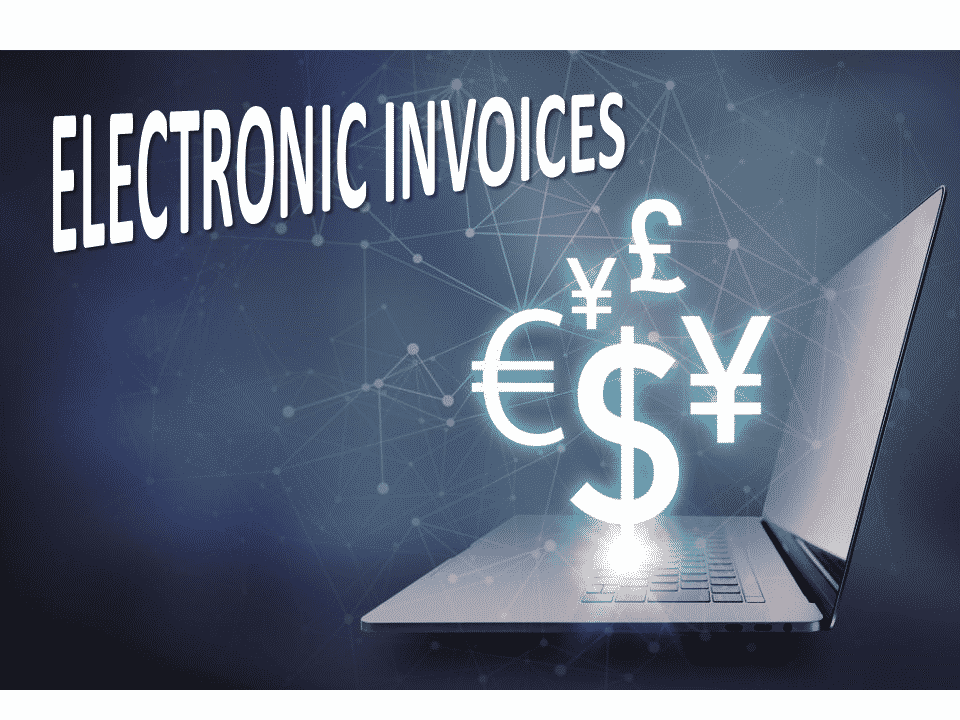On September 30, 2019, the Ministry of Finance issued Circular 68/2019/TT-BTC (Circular 68) guiding the implementation of a number of articles of Decree No. 119/2018/ND-CP on electronic invoices for goods sale and service provision.
Accordingly, Circular 68 provides guidelines for a number of details on electronic invoices, including: details of electronic invoices, time of making electronic invoices, format of electronic invoices, application of electronic invoices, providing electronic invoice services, managing and using electronic invoices, building and managing electronic invoice databases and organizing the provision of electronic invoice services.
Details of electronic invoices (e- invoices) include:
- Title, identification code, form number and series number of invoice.
- Name, address and tax code of the seller.
- Name, address and tax code of the buyer (if the buyer has a tax code).
- Name, unit, quantity and unit price of goods and services; amount of money without value added tax, value added tax rate, total amount of value added tax on each tax rate, total amount of value added tax and total payment with value added tax.
- Digital or electronic signatures of sellers and buyers.
- Time of making electronic invoices
- Codes of tax agencies for e-invoices requiring codes of tax agencies.
- Fees and charges for the state budget, trade discounts and promotions (if any).
In addition, there are 07 cases where e-invoices do not necessarily contain all the details:
- E-invoices for sales at supermarkets or shopping malls where buyers are non-business individuals.
- E-invoices for sale of petrol and oil to non-business individuals.
- E-invoices that are stamps, tickets or cards.
- Electronic vouchers of air transport services generated via websites and e-commerce systems in accordance with international practices for non-business individual buyers, which are determined as e-invoices.
- Invoices of construction and installation services or residential construction for sale with contract payment schedules.
- Electronic delivery & transport notes.
- Invoices of Interline booking between airlines made in accordance with the regulations of the International Air Transport Association.
Time of making electronic invoices
The time of preparing e-invoices is determined according to the time the seller signs digitally and electronically on the invoice displayed in date format and in accordance with the guidelines stated in Article 4 of this Circular. Take typical examples as follows:
- For selling goods, providing services, delivering goods in multiple times or handing over services by single item or in each phase of completion, the same will be determined pursuant to Articles 7.1, 7.2 and 7.3 of Decree No. 119/2018/ND-CP.
- For construction and installation, the same is the time of acceptance or handover of works, work items, construction and installation volumes, regardless of whether the payment is made or not.
- For activities of prospecting and exploring crude oil, ect., the same will be subject to Articles 7.1 and 7.3 Decree No. 119/2018/NDCP, regardless of whether the payment is made or not.
The cancellation of unused paper invoices (if any) and termination of the use of invoices which have been already notified of their issuance will comply with Decree No. 51/2010/ND-CP dated May 14, 2010 and Decree No. 04/2014/ND-CP dated January 17, 2014 of the Government regulating the invoices for goods sale and service provision and the written guidelines of the Ministry of Finance.
Enterprises, economic organizations, other organizations, household businesses and individuals will register for using e-invoices since November 01, 2020.
Circular 68 takes effect as from November 14, 2019.
- From Novembber 14, 2019 to October 31, 2020, the following documents of the Ministry of Finance remain effective: Circular 32/2011/TT-BTC; Circular 191/2010/TT-BTC; Circular 39/2014/TT-BTC; Decision 1209/QD-BTC dated June 23, 2015; Decision 526/QD-BTC dated April 16, 2015; Decision 2660/QD-BTC dated December 14, 2016; Circular 37/2017/TT-BTC.
- As from November 01, 2020, Circular 68:
- will invalidate: Circular 32/2011/TT-BTC, Circular 191/2010/TT-BTC, Circular 39/2014 / TT-BTC, Decision 1209 / QD-BTC, Decision 526/QD-BTC, Decision expire 2660/QD-BTC, Circular 37/2017/TT-BTC,
- will partially invalidate Circular 119/2014/TT-BTC, Circular 26/2015/TT-BTC.






![We Are Hiring Now! | Feb 2023 [CLOSED POST] Tuyen Dung](https://gvlawyers.com.vn/wp-content/uploads/2023/02/Tuyen-Dung-.png)


